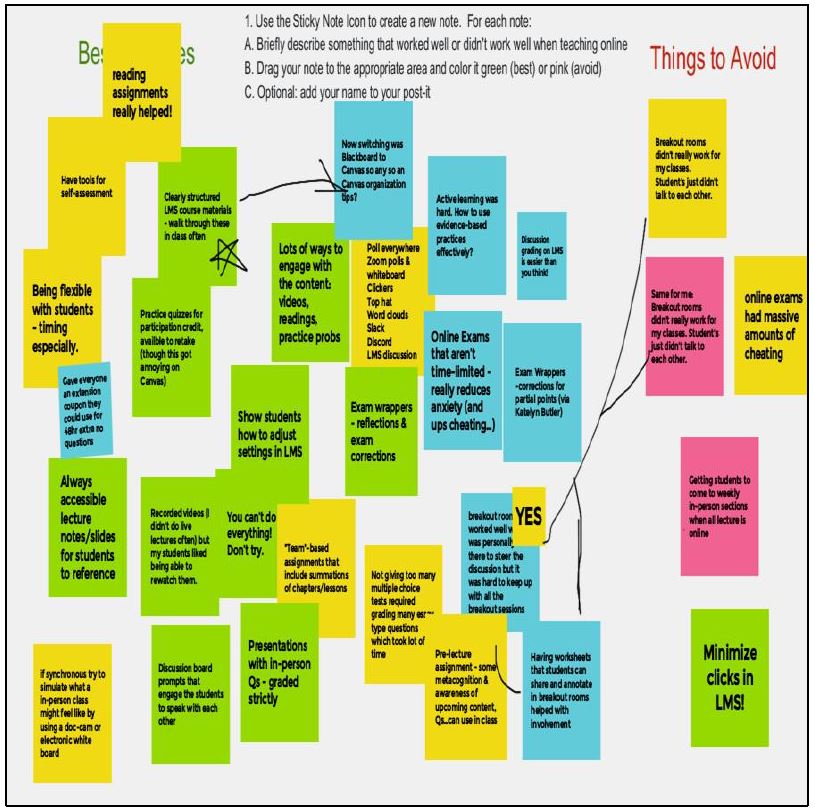Best Practices for Teaching Plant Biology Online
The coronavirus pandemic has transformed the education system all around the world. One major effect of the pandemic was the need to move traditionally face-to-face courses to an online format. This is not an easy task to achieve in such a short turnaround time because most universities had to shut down mid-semester in spring last year. This workshop discussed the ways to successfully transition into online lectures from face-to-face instruction. They covered pedagogy topics related to traditional lectures, labs, research, and outreach.

It started with a quick introduction of everyone participating in the workshop. I was surprised to see a small but diverse group. Most participants were teaching faculties in PUIs coming from all around the country. I distinctly remember Ashley Cannon who had just resigned from the USDA to build a career in teaching which I found quite interesting. Members of the ASPB education committee had a strong representation in the workshop as well. There was also a decent international presence represented by faculty from Mexico and Argentina.
Next, break-out room sessions followed the introduction. Some of the questions raised by our faculty discussed in the sessions are described here. How can we teach labs online when hands-on experience is critical? How to teach plant biology lecture courses asynchronously? How to get students interested in the subject over zoom? How to add a human touch to teaching to address the rising mental issues during the pandemic? In the end, every room presented the results of their discussion to the entire group.
This was followed by more brainstorming of tips and tricks for effective online teaching. For instance, Devanshi who is an assistant prof at Minnesota State University, opted to keep an in-person lab every three weeks in her plant bacteriology course in response to student’s complaints about screen fatigue. It was suggested to focus more on the analytical skills instead of bench skills in lab courses which is more feasible. Students can always learn bench skills later in their careers by working in a lab. Cheating is inevitable in online exams. To mitigate cheating, we can put more weight on presentations and live discussions rather than quizzes. The faculty were encouraged to be lenient with grading keeping in mind the mental health issues of students. Discussion boards were a great hack as they initiated interactions between students. Pre-assignments helped students get engaged before the actual lecture began. In a nutshell, all the great ideas that popped up in the discussion were put on the jam board in little sticky notes. I loved this little detail in the workshop which I didn’t find anywhere else. Maybe, I will hang it up on my fridge!


